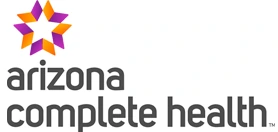Working to improve health outcomes, coverage and access to health services in Arizona’s rural and border communities
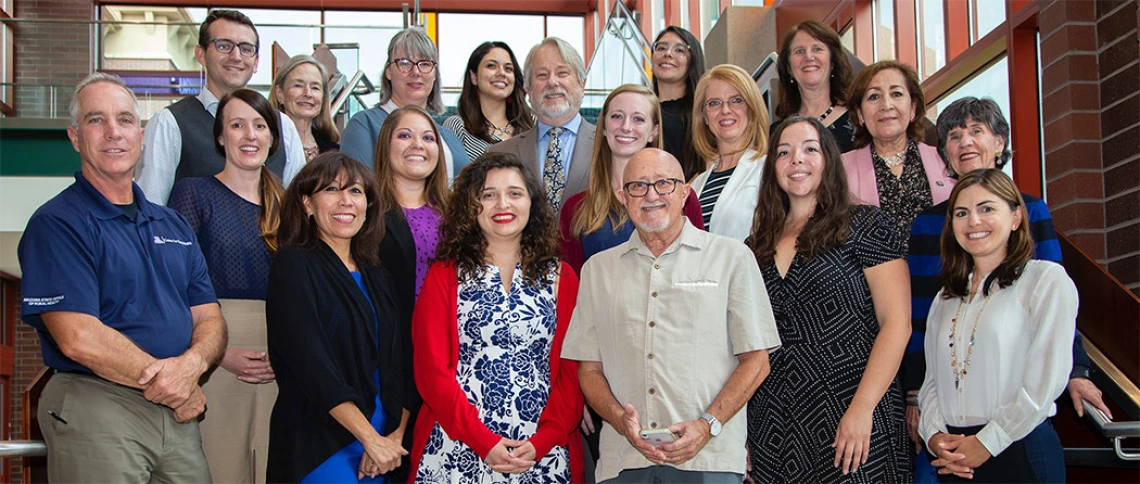
The Center for Rural Health team at the Arizona Rural Health Conference, 2019.
The Zuckerman College of Public Health has been working to improve health care services for rural communities since it was established in the year 2000. That is 20 years of engagement with rural communities, 20 years of federal grant funding to improve healthcare programs in Arizona towns, 20 years of research and education that has made a profound impact on health and wellness in rural Arizona communities and along the US/Mexico border.
The rural health programs from the College fall primarily under two key Centers: the Arizona Center for Rural Health and the Arizona Prevention Research Center. Additional programs have been implemented along both sides of the US/Mexico border in collaboration with local organizations and educational institutions¬. This story for Rural and Border Health Day, part of the “20 Days for 20 Years” anniversary celebration for the College, briefly highlights some of the many programs that impact rural and border health, and you can click the links below to find out more.
The Arizona Center for Rural Health
Improving the health and wellness of Arizona’s rural and vulnerable populations
The Arizona Center for Rural Health (AzCRH) traces its origins to the Rural Health Office (RHO), established in 1980 by Andy Nichols, MD, a professor in the College of Medicine – Tucson. Three major state-federal Health Resources & Services Administration (HRSA) partnership grants followed and continue to this day to support the center as it addresses Arizona’s crucial rural health needs.
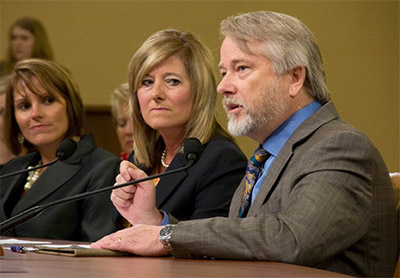
Dr. Dan Derksen testifies about public health policy
AzCRH still houses two RHO initiatives: the State Office of Rural Health links rural communities with state-federal resources; and the Medicare Rural Hospital Flexibility Program improves the quality and operational performance of the state’s 15 critical-access hospitals and 25 rural health clinics.
The third, the Arizona Area Health Education Center (AzAHEC) Program, supports Rural Health Professions Programs (RHPPs) at UArizona Health Sciences colleges. Dan Derksen, MD, oversees these grants in his roles as AzCRH Director and Health Sciences Associate Vice President. Leila Barraza JD, MPH, MEZCOPH associate professor, directs the AzAHEC Program.
The RHO joined the newly formed College of Public Health in 2000. In 2011, Alison Hughes, MPA, helped transform the RHO to become the AzCRH. In 2013, the National Rural Health Association awarded AzCRH the Organization of the Year, the same year Dr. Derksen was named director. Dr. Derksen received his medical degree from the College of Medicine – Tucson in 1984 and counts Dr. Nichols and Alison as mentors.
“The Arizona Center for Rural Health programs truly impact peoples’ lives,” Dr. Derksen said. “We collaborate with folks in rural and underserved areas. Our preceptors educate health professions students in rural settings to nurture their passion about enhancing access to care, reducing health disparities and improving health outcomes for rural Arizonans.”
Preparing students for the rural health workforce
As part of its goal to increase rural health care resources, the college’s Rural Health Professions Program provides community based, service-learning courses that allow students to learn and reflect on achieving health equity and eliminating health disparities.
Marc Verhougstraete PhD, assistant professor is the MEZCOPH RHPP faculty director; Jen Peters, who joined the RHO in 2000, is its program manager and an instructor.
“Prior to taking these courses, students often aren’t sure if they belong,” Peters said. “Because we delve into the root causes of health disparities, students say they are finally understanding how much they do belong, and that pursuing this career path is the perfect fit for them.”
To date, an inspiring 76% of public health RHPP student participants now work in rural or underserved areas or in organizations serving these populations.

Leila Barraza, JD, MPH
Responding to health crises
In 2020, HRSA awarded Leila Barraza $1.25 million for the AzCRH Small Rural Hospital Improvement Program, supporting 16 of Arizona’s rural and critical access hospitals in their COVID-19 efforts.
When UArizona Health Sciences implemented a statewide COVID-19 antibody research study (the Arizona COVID-19 Antibody Testing Initiative), Dr. Derksen leveraged long-standing AzCRH relationships with rural hospitals and community health centers to set up testing sites across Arizona’s 15 counties. He collaborates with Northern Arizona University, Arizona State University, Mayo and UArizona researchers on Arizona’s NIH funded Community Engagement Alliance (CEAL) against COVID-19, focused on populations disproportionately affected by the pandemic.
Today the Arizona Center for Rural Health builds on its 40-year storied history and the strengths of a team of more than 25 staff, students, program managers and faculty on federal, state, private foundation and other grants and contracts in excess of $4.5 million per year.
Arizona Prevention Research Center
Promoting optimal health and wellbeing in diverse border communities
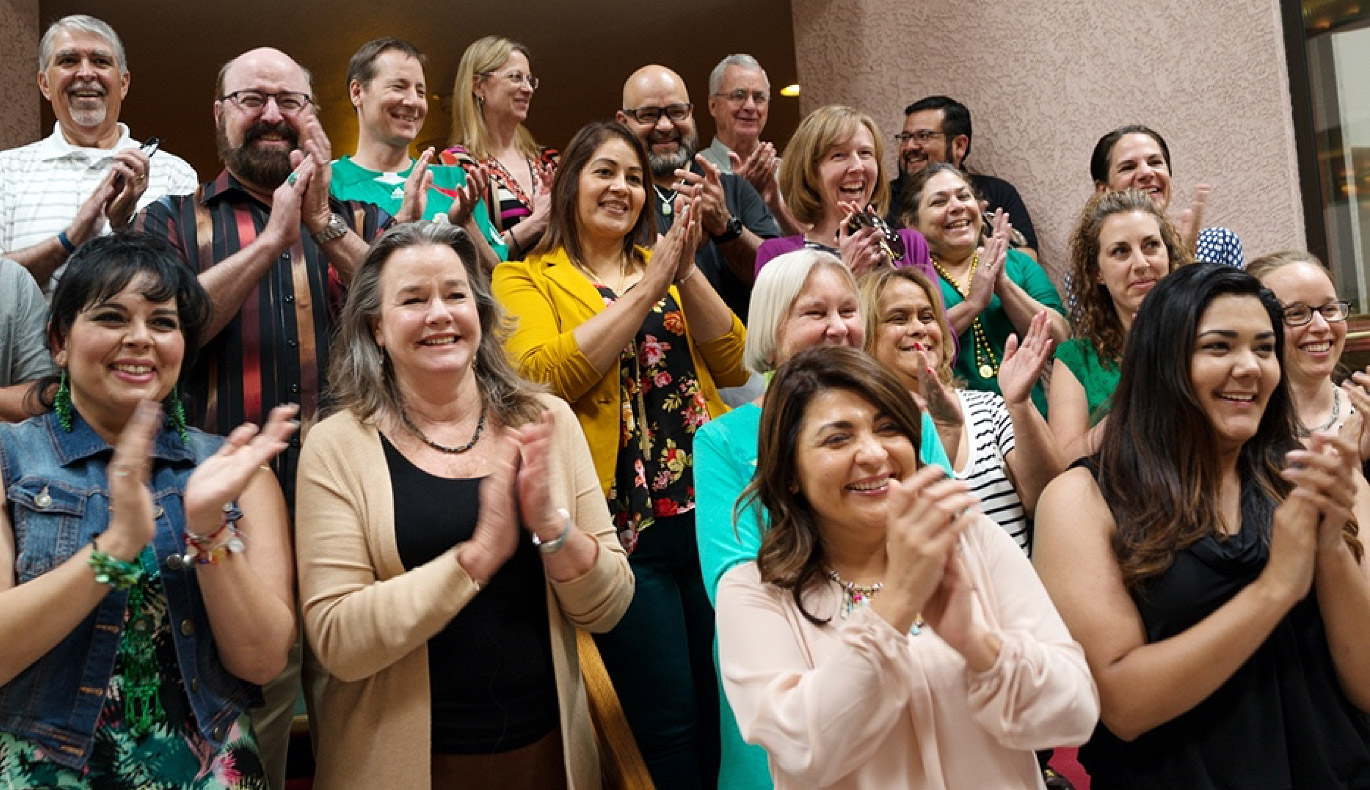
Members of the Arizona Prevention Research Center team
The Arizona Prevention Research Center (AzPRC) was established in 1998 by Joel Meister, PhD, and Mike Leibowitz, PhD, as part of the Center for Disease Control-funded network of 26 academic research centers that study chronic illnesses prevention. When the College of Public Health opened its doors in 2000, the center moved under its umbrella.
In October 2019, CDC funding of $7.5 million was awarded through 2024, and AzPRC continues collaborations with more than 20 community partners, including large health centers, state and county health departments, and grassroots organizations to develop, test and evaluate public health interventions that address issues in underserved communities in Southwest Arizona.
For its Core Research Project, AzPRC is studying the implementation of a Community Health Worker (CHW) intervention that focuses on building social networks and leveraging existing community resources to improve overall health and quality of life among predominantly Mexican-descent Latinxs in Arizona.
AzPRC is a model of community-based participatory research, in which faculty, staff and members of the Community Action Board identify problems and develop research projects together. They have focused on health problems including diabetes, heart disease, cancer, asthma, adaption to hearing loss, behavioral health care delivery and quality of life, building on research and outreach pursued by faculty over the past 40 years. They also have worked on environmental and policy change to create healthy environments in border communities.
“Our partnerships ensure we are asking research questions that are meaningful to communities and result in effective and sustainable solutions,” said Scott Carvajal, AzPRC director since 2010.
Championing Community Health Workers in Arizona
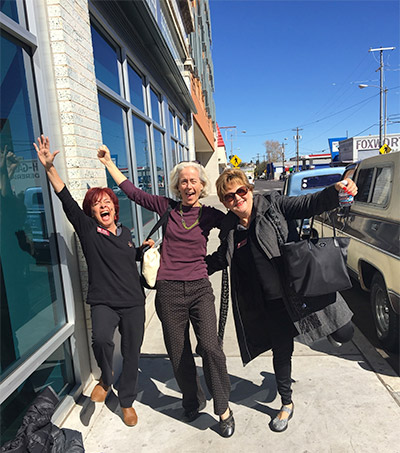
Left to right: CHW Alicia Sander, Maia Ingram, MPH,
and CHW Conchita Somoza celebrate an important
milestone towards CHW Voluntary Certification.
Community Health Workers (CHW) bridge the gap in the health care system by serving as a trusted source of health information and education for community members and by advocating on important health issues in the community.
In 1987, several of the current AzPRC faculty, staff, and community partners established the first CHW program in Arizona. Comienzo Sano (Healthy Start) focused on increasing prenatal care for the farm worker community in Yuma County. The program is now sustained through state funding to county health programs across the state. The AzPRC continues to develop innovative interventions with CHWs in clinics and community agencies throughout Arizona, addressing current health needs and connecting people with services.
“Our partnership efforts culminated in the passage of Arizona CHW Voluntary Certification in 2018. With this law we hope to ensure this workforce has sustainable funding and compensation, as well as opportunities for advancement,” said Maia Ingram, AzPRC co-director.
Studying stress-related disease in border communities
In June 2020, the AzPRC team was awarded a $2.4 million grant from the National Institute on Minority Health and Health Disparities, funding research to identify cultural characteristics, such as family support and social ties, that help keep stress from causing chronic disease among Latinxs. The partners seek to develop new health promotion programs that benefit Mexican-descent populations around the country.
The team is adapting to reflect the realities of COVID-19. “We are thinking through the ways community health workers continue to help their communities, whether it’s linking people to tests or helping to manage stress or other conditions that are exacerbated by the pandemic,” Dr. Carvajal said.
Like many AzPRC projects, this one builds on years of collaboration with a community partner. Campesinos Sin Fronteras, an organization that pioneered programs to promote the health of farm workers and their families in Yuma County, was founded by Emma Torres—a farm worker who got her start as a CHW with Comienzo Sano (Healthy Start), AzPRC’s inaugural CHW program.
Benefits of community collaborations
The benefits of community collaboration exceed the research project findings and public health interventions.
“These are long term, evolving relationships with partners that provide numerous opportunities for our public health students as well as campus-wide training experiences,” said Jill Guernsey de Zapien, who joined the Rural Health Office in 1984. Guernsey de Zapien served as associate dean for community programs for 16 years, and has been involved in community-based public health interventions, policies and research in Arizona and throughout the Southwest and Mexico for more than 30 years.
“Students get to see the model of incredible nonprofit organizations that are serving community members in ways that no one else is, and they can get involved in issues that make an impact in the community.”
Enthusiastic and dedicated collaboration has been part of the university for years, Guernsey de Zapien said. “There’s a long-term synergy and common agenda between the centers and the college, especially with border work in Southern Arizona.”
Engagement and Outreach: Border Health Initiatives
Programs and education to meet border health challenges.
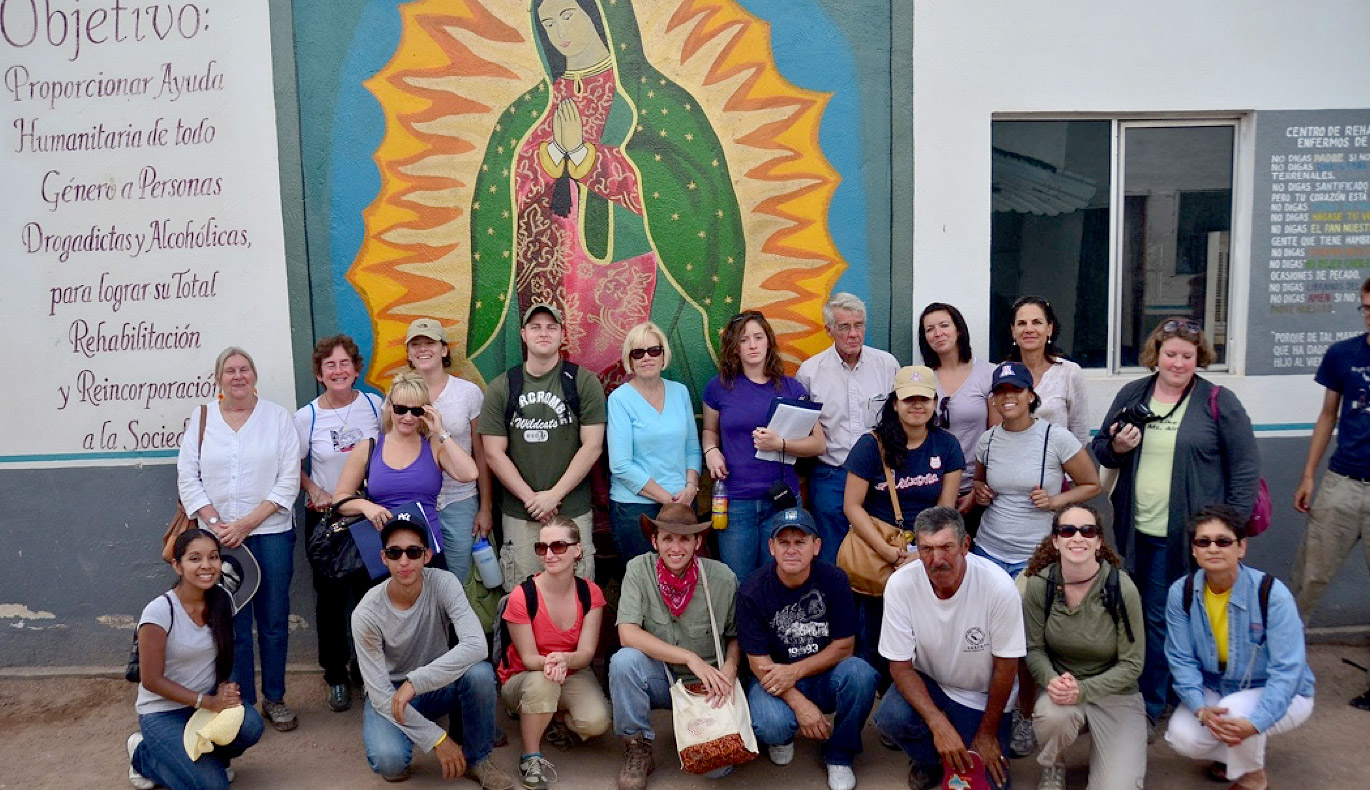
Public health students learn about health along the US/Mexico border
Dr. Cecilia Rosales, interim associate dean of community engagement and outreach, provides support for MEZCOPH faculty members and staff who work on border health issues. She also mentors and supports students and prospective students so they can better develop and engage in community-based programs, service-learning activities and research. Dr. Rosales communicates the importance of community-public health partnerships to a diverse set of partners with a focus on health equity and social justice. Below are three of the dozens of programs initiated at the college.
Border Health Service-Learning Institute was started in 2008 by Dr. Rosales and Jill Guernsey de Zapien. This one-week intensive border immersion experience for graduate students focuses on connecting the dots between migration, health, and economic development. Guernsey de Zapien developed four additional courses focused on bringing health equity to communities, which comprise the Rural Health Professions Program.
Primary Prevention Mobile Health Unit program provides medical health screening assessments in underserved border-impact areas of Phoenix and Tucson, targeting priority issues including nutrition, obesity, diabetes and mental health.
Leaders Across Borders develops leadership skills in public health professionals in the U.S.-Mexico Border Region. Implemented in 2010 in partnership with the U.S.-Mexico Border Health Commission, a new session launched virtually in October 2020. The new session focuses on training former Leaders Across Borders participants to create leadership training opportunities within their own communities and regions.
Thank you to our presenting sponsor Arizona Complete Health!
